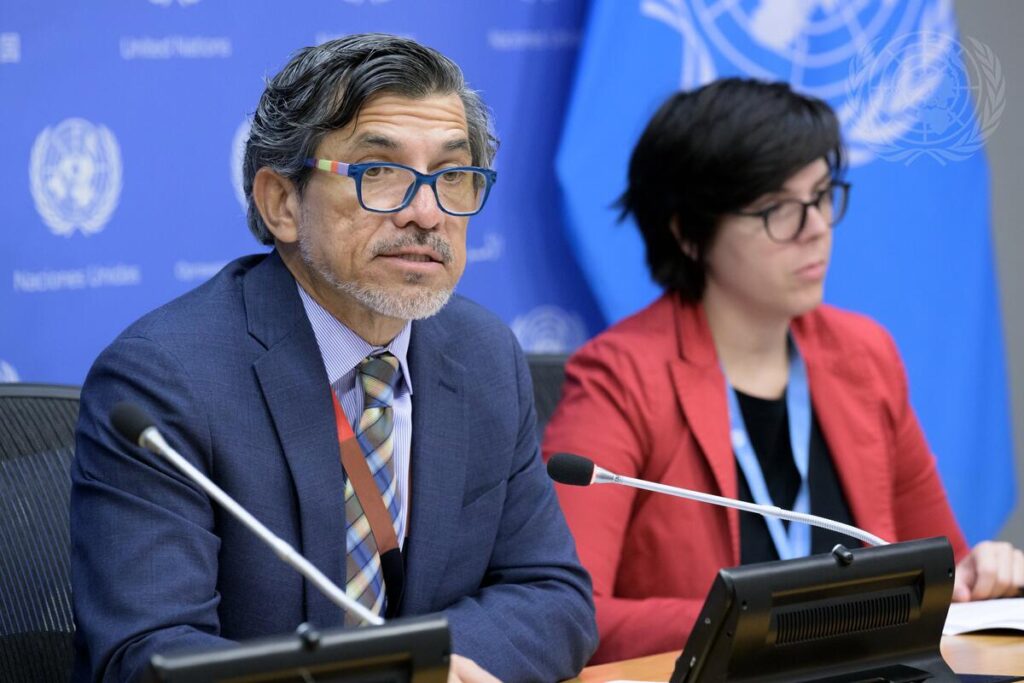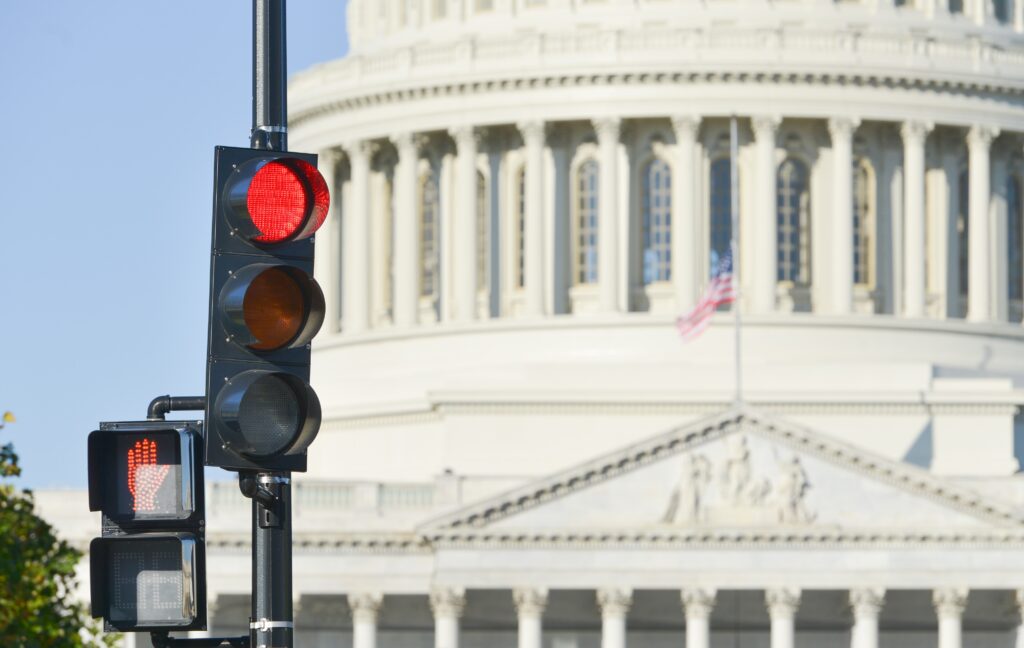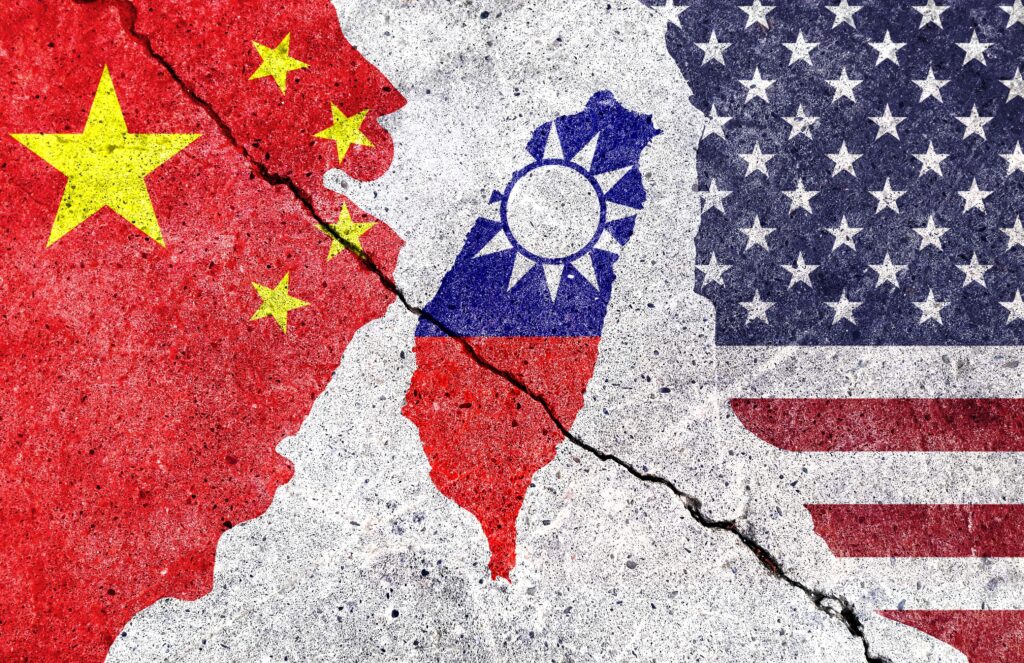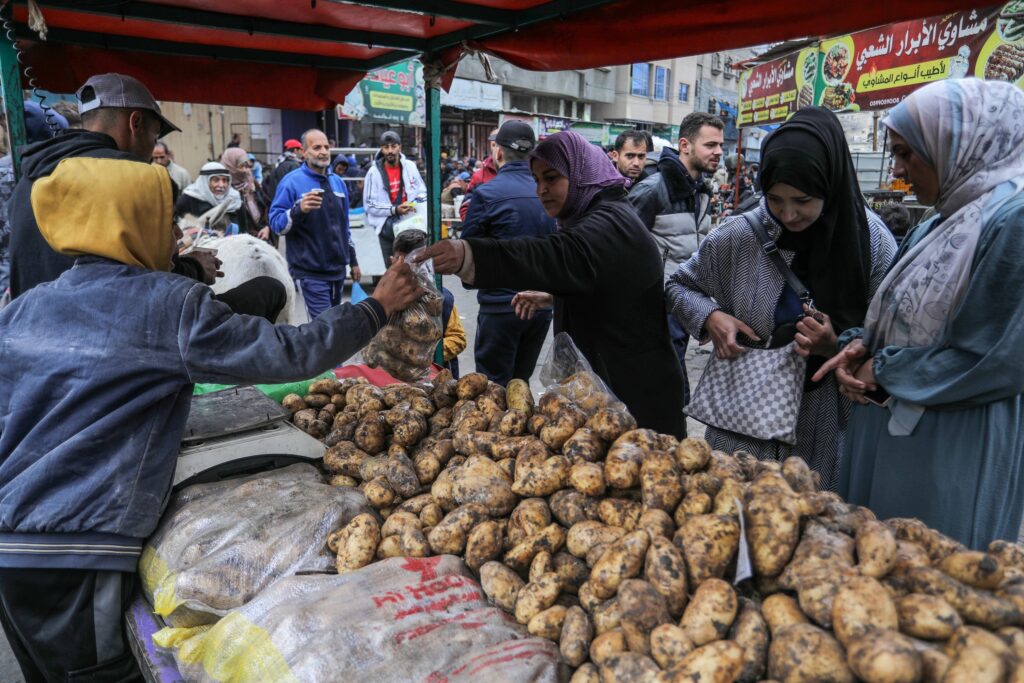By Kelli Meyer
The UN currently estimates more than 1 in 7 people live with some form of disability, and 80 percent are in the world’s poorest countries. That makes people with disabilities the largest minority in the world.
Despite progress, people with disabilities still face discrimination, stereotyping and lack of respect for their basic human rights, especially in the developing world. Women and girls remain disproportionately affected, and face multiple barriers to accessing education, health services and jobs. Moreover, persons with disabilities experience unique challenges during times of crises or natural disasters.
Fortunately, the UN has a history of leading on disability rights issues and continues to carry on that legacy to this day.
A key example of this work is in war-ravaged Syria, where over 1.5 million people are living with permanent disabilities, including 86,000 people whose injuries have led to amputations since the war began. The United Nations Development Programme (UNDP) is one of the UN entities on the ground, providing vital physical therapy, prosthetics and counseling at health centers.
Children with disabilities in Syria face even more challenges i.e. the lack of caregivers exposes them to higher risk of violence, and they face unfamiliar risks like unexploded remnants of war.
Inside Syria, UNICEF has expanded social protection programs to support thousands of children with complex disabilities. In Jordan and Lebanon, where many Syrians have fled, UNICEF supports youth vocational training in refugee camps and provides access to assistive products like wheelchairs, canes and prosthetics.
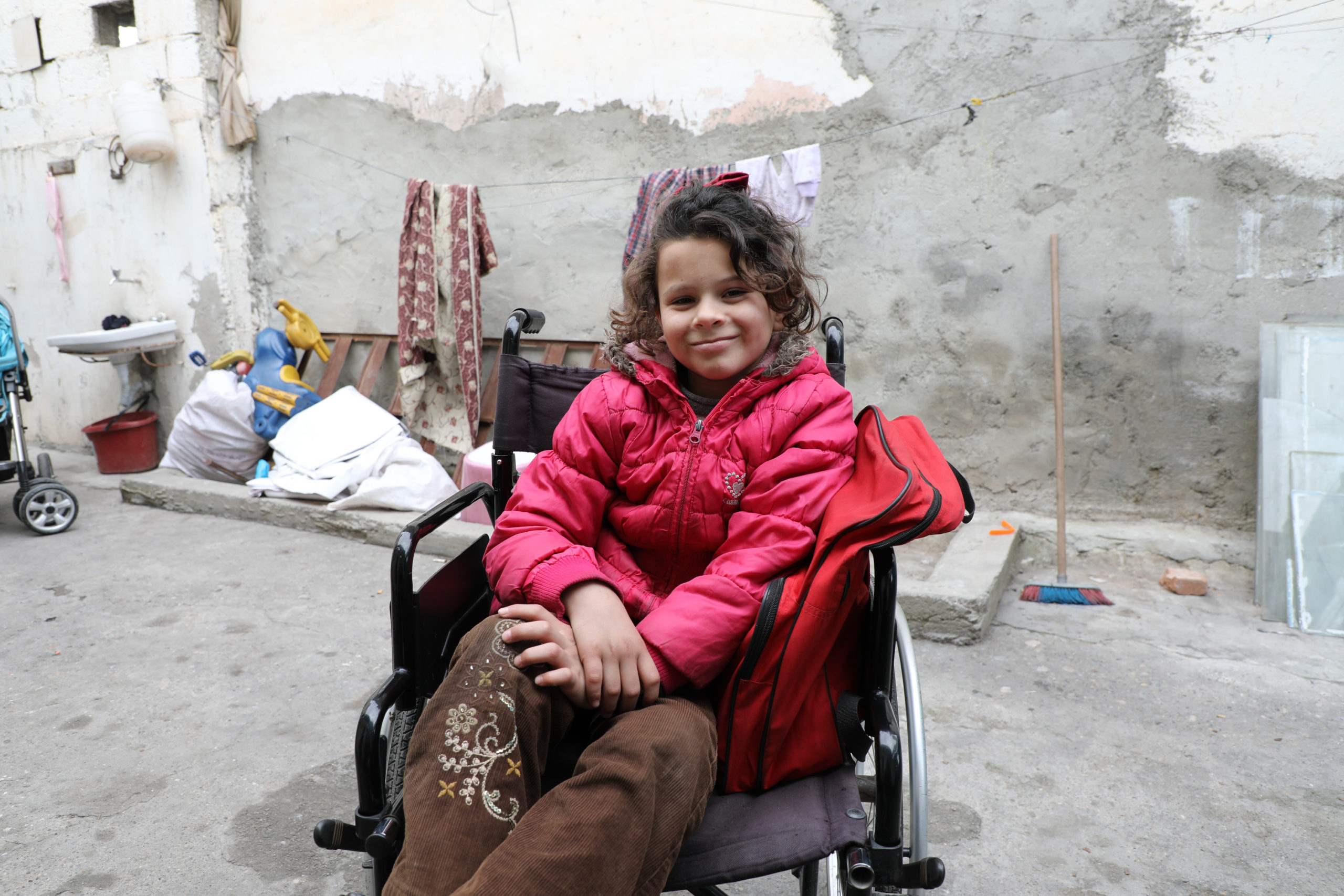
In addition to the UN, other key stakeholders are also working to expand the momentum on disability rights. In late July, over 800 individuals gathered in London for the first-ever Global Disability Summit, co-hosted by Governments of the United Kingdom and Kenya and supported by several UN agencies, including UNDP and the World Bank.
The Summit yielded 170 commitments to increase disability inclusion and tackle stigma in lower-income countries.
At the event, UNDP Administrator Achim Steiner urged nations to work together to ensure equal rights for people with disabilities, noting that “A world free from discrimination and marginalization of persons with disabilities is within reach.”
Steiner also announced a comprehensive review under the vision of UN Secretary-General António Guterres that will assess how the UN system supports people with disabilities in the areas of accessibility, employment, and all aspects of its development and humanitarian work.
The Summit, and the UN’s participation in the event, are positive signs that the world is taking this challenge seriously.
